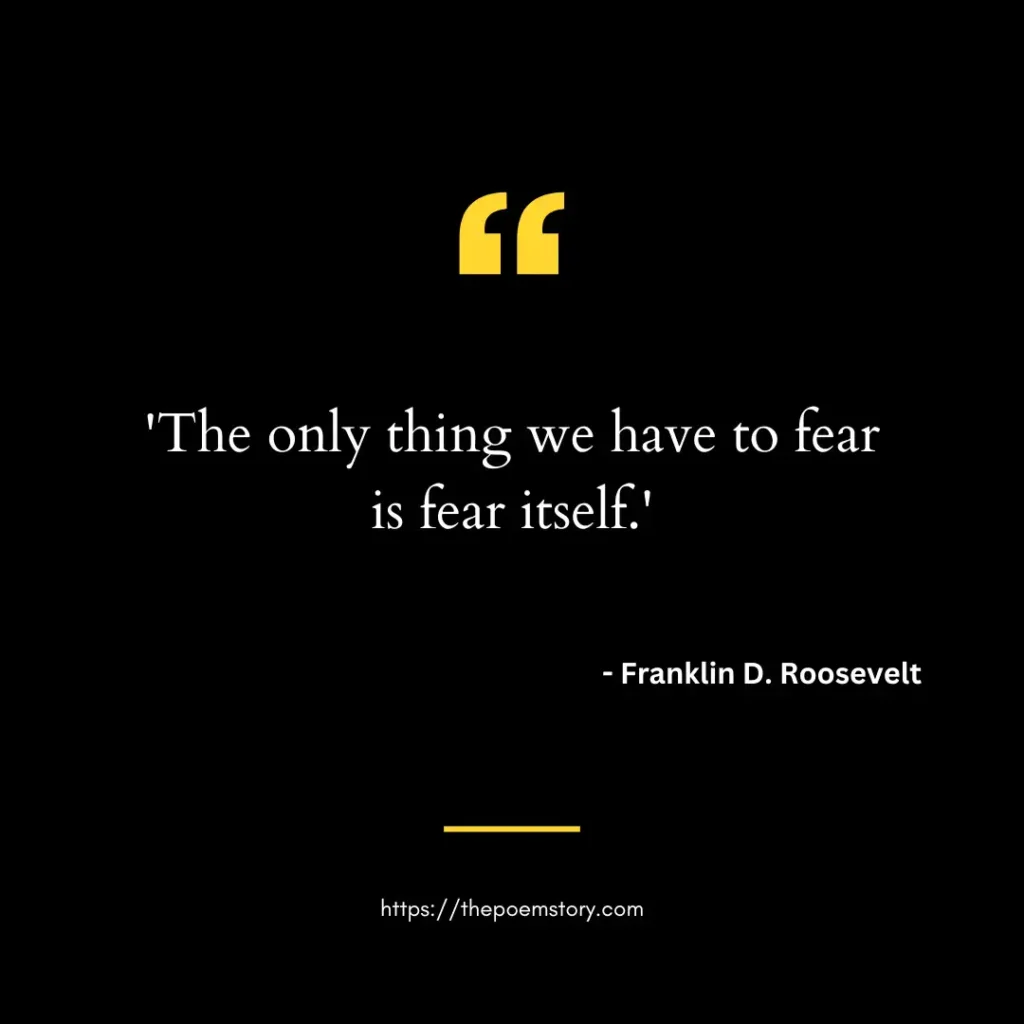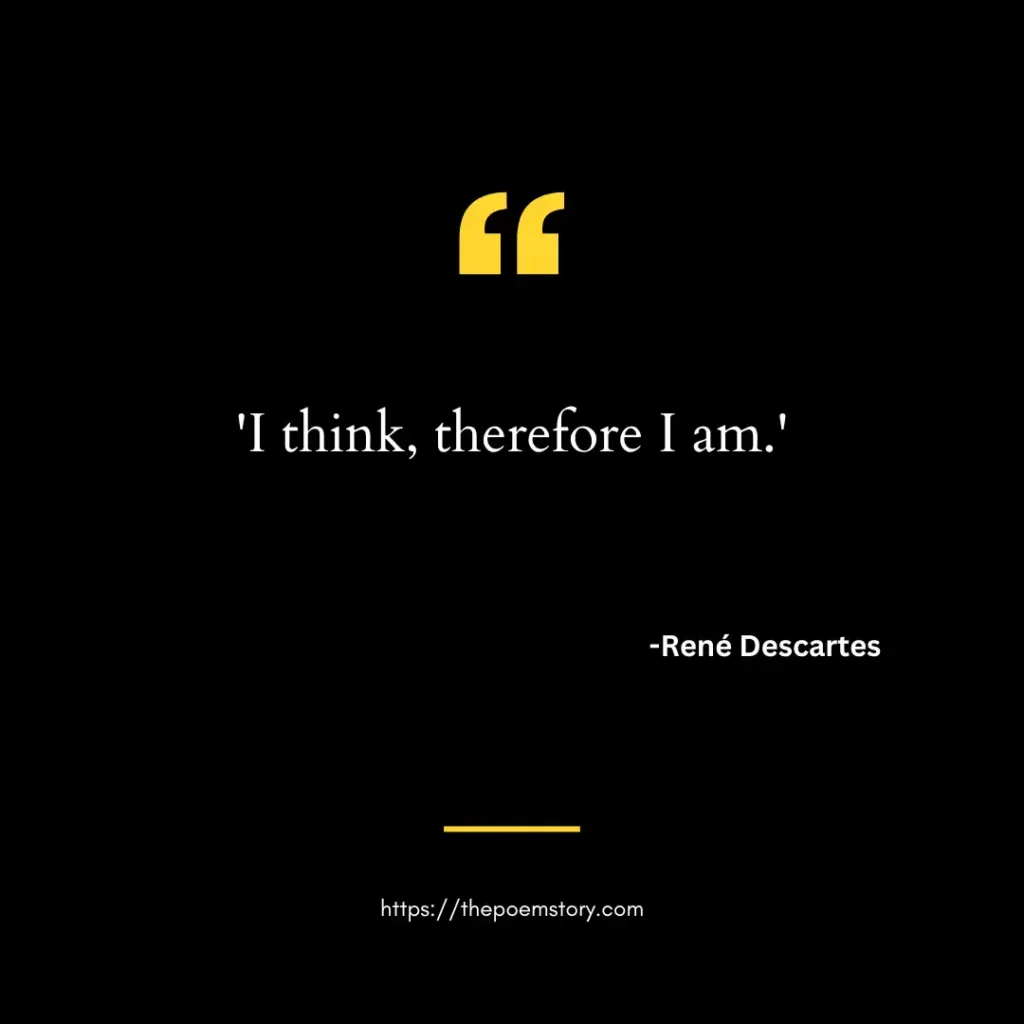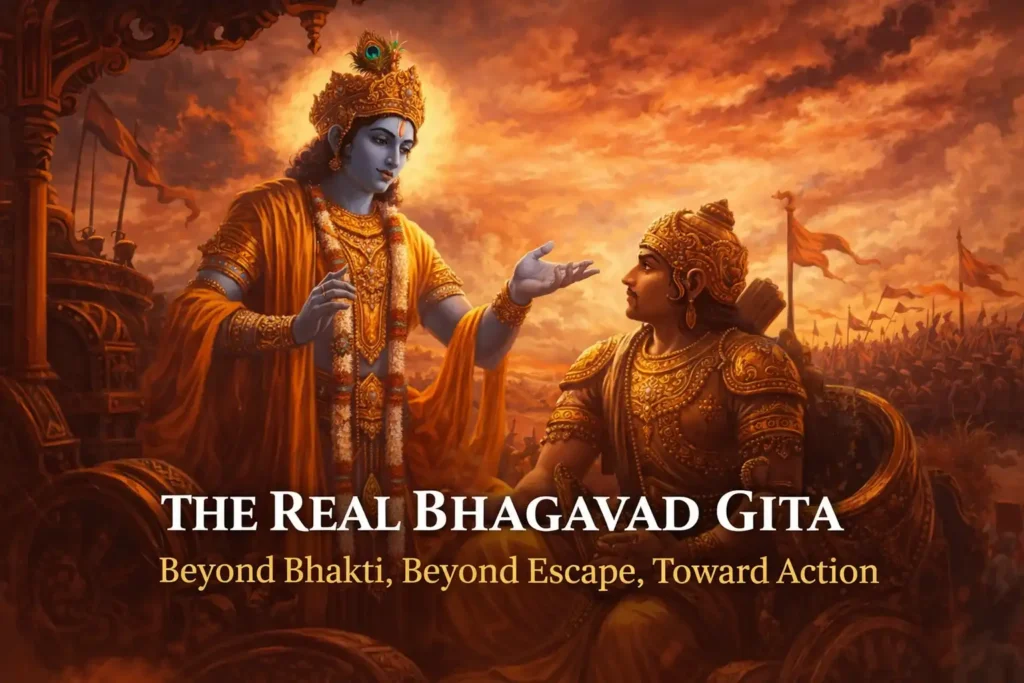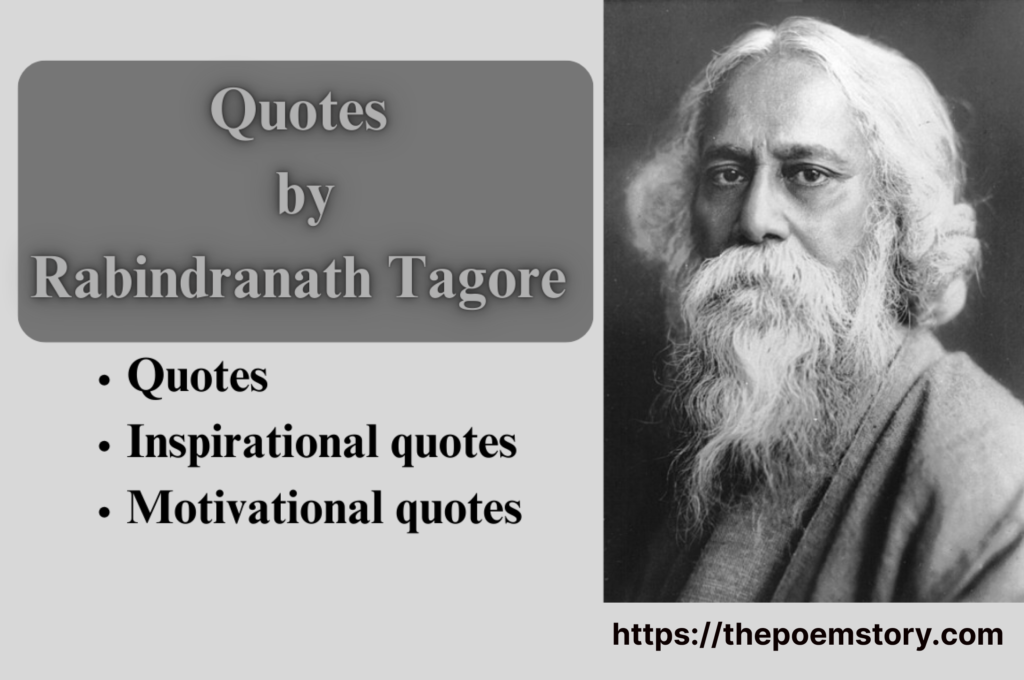10 Famous Quotes from Famous People
10 Famous Quotes from Famous People. Throughout history, words have held a unique power to inspire, educate, and provoke thought. Quotes, in particular, can encapsulate profound wisdom in just a few words, offering timeless insights that resonate deeply with people from all walks of life. These succinct yet impactful statements often serve as cultural touchstones, reflecting the values, beliefs, and emotions of their time. Whether it is a poignant observation about the human condition or a call to action, quotes from famous individuals have the ability to transcend generations and remain relevant in various contexts.
The historical significance of quotes cannot be understated. From ancient philosophers like Socrates and Confucius to modern-day visionaries like Nelson Mandela and Maya Angelou, the words of influential figures have shaped societies, influenced political movements, and inspired countless individuals to pursue their dreams. Quotes distill complex ideas into memorable phrases, making them accessible and relatable to a broad audience. They often become rallying cries for social change, sources of comfort in difficult times, and sparks for intellectual and creative endeavors.
Moreover, quotes have the power to connect us to the past, bridging the gap between different eras and cultures. They serve as a testament to the enduring nature of human wisdom and the shared experiences that unite us. In a world where information is constantly evolving, the timeless nature of quotes provides a sense of continuity and stability. Whether found in literature, speeches, or casual conversations, the right quote at the right time can have a profound impact, offering clarity, motivation, and a deeper understanding of the world around us.
Keywords: 10 Famous Quotes, Quotes from Famous People, Famous Quotes, Enduring Impact of Famous Quotes
Explore Category: Inspirational Poems

Table of Contents
Quote #1: ‘The only thing we have to fear is fear itself.’ – Franklin D. Roosevelt
Franklin D. Roosevelt, the 32nd President of the United States, delivered this iconic phrase during his first inaugural address on March 4, 1933. At that time, the nation was grappling with the severe economic downturn known as the Great Depression. Banks had failed, unemployment was rampant, and the American public was gripped by uncertainty and despair. Roosevelt’s inaugural address aimed to instill confidence and hope in the American people as they faced unprecedented challenges.
By stating, “The only thing we have to fear is fear itself,” Roosevelt conveyed a powerful message about the nature of fear and its impact on human behavior. He suggested that fear, if left unchecked, could become a greater obstacle than the actual problems at hand. This quote underscored the idea that psychological barriers, such as fear and anxiety, can be paralyzing and hinder progress more than any external threat. Roosevelt’s call to overcome fear was a rallying cry for collective action and resilience, emphasizing that courage and determination were crucial for overcoming the nation’s difficulties.
This quote has remained relevant through various challenges in history beyond the Great Depression. During times of crisis, whether economic, social, or political, the principle that fear should not dictate actions has been a guiding beacon. It reminds us that while the circumstances may be daunting, the human spirit’s ability to confront and conquer fear is essential for progress and recovery. From global conflicts to economic recessions to the uncertainties of the modern world, Roosevelt’s words continue to inspire individuals and leaders alike to face adversities with fortitude and resolve.
Keywords: 10 Famous Quotes, Quotes from Famous People, Famous Quotes, Enduring Impact of Famous Quotes
Quote #2: ‘I think, therefore I am.’ – René Descartes
René Descartes, a pivotal figure in the history of Western philosophy and mathematics, is best known for his significant contributions to the development of modern philosophy. Born in 1596, Descartes was a French philosopher, mathematician, and scientist who is often dubbed the “father of modern philosophy.” His work laid the foundation for a new approach to understanding the world through reason and empirical evidence.
The quote ‘I think, therefore I am,’ originally written in Latin as ‘Cogito, ergo sum,’ comes from Descartes’ work ‘Meditations on First Philosophy,’ published in 1641. This statement serves as a fundamental element of his philosophical system, in which he sought to establish a secure foundation for knowledge in the face of radical doubt. Descartes begins by doubting everything that can possibly be doubted, including the existence of the physical world and even his own body. However, he realizes that the very act of doubt implies a doubter. Thus, the fact that he is thinking is undeniable proof of his own existence.
This declaration is significant in the realm of philosophy because it addresses the concept of existence and consciousness. By establishing thought as the primary criterion for existence, Descartes emphasizes the importance of the mind in understanding reality. This idea has profound implications, as it shifts the focus from the external world to the internal processes of the mind. It raises questions about the nature of self-awareness and the relationship between mind and body, which have been central to philosophical inquiry ever since.
Over the centuries, ‘I think, therefore I am’ has influenced various philosophical debates and developments. It has been a cornerstone in discussions about the nature of self, consciousness, and identity. Descartes’ assertion has also inspired existentialist thinkers who explore the nature of human existence and the search for meaning. The quote remains a powerful reminder of the enduring importance of introspection and rational thought in the quest for knowledge and self-understanding.
Keywords: 10 Famous Quotes, Quotes from Famous People, Famous Quotes, Enduring Impact of Famous Quotes, 10 Famous Quotes from Famous People
Quote #3: ‘Be the change that you wish to see in the world.’ – Mahatma Gandhi
Mahatma Gandhi, born Mohandas Karamchand Gandhi, was a preeminent leader of the Indian independence movement against British rule. Known for his steadfast commitment to nonviolent resistance, Gandhi’s philosophy of Satyagraha, or ‘truth force,’ became a pivotal strategy in the struggle for Indian sovereignty. Gandhi’s life was marked by his dedication to social reform, civil rights, and communal harmony, making him an enduring symbol of peace and justice worldwide.
The quote, “Be the change that you wish to see in the world,” encapsulates the essence of Gandhi’s teachings. It underscores the importance of personal responsibility and the power of individual action. Gandhi believed that societal transformation begins at the personal level, urging individuals to embody the principles and values they advocate for. This idea is rooted in the concept that real change is driven by personal integrity and the willingness to lead by example. By aligning one’s actions with their vision for a better world, individuals can inspire others and collectively create a ripple effect of positive change.
This profound statement has resonated across generations, inspiring countless people to take proactive steps towards making a difference. Whether in the context of social justice, environmental sustainability, or community service, the quote serves as a reminder that each person holds the potential to influence the world around them. It encourages self-reflection and a commitment to living in accordance with one’s ideals, fostering a sense of empowerment and responsibility.
In contemporary times, Gandhi’s call to “be the change” continues to motivate activists, leaders, and everyday citizens to strive for a better world. It echoes the timeless truth that meaningful change is often initiated by those who dare to act, setting a precedent for others to follow. By embodying the change, they wish to see, individuals not only contribute to societal progress but also cultivate a legacy of inspiration and hope.
Keywords: 10 Famous Quotes, Quotes from Famous People, Famous Quotes, Enduring Impact of Famous Quotes, 10 Famous Quotes from Famous People
Quote #4: ‘In the end, we will remember not the words of our enemies, but the silence of our friends.’ – Martin Luther King Jr.
Martin Luther King Jr., a pivotal figure in the American Civil Rights Movement, remains celebrated for his relentless advocacy for racial equality and social justice. His commitment to nonviolent protest and his eloquent oratory skills have cemented his legacy as one of the most influential leaders in history. Among his many powerful statements, one that continues to resonate is, “In the end, we will remember not the words of our enemies, but the silence of our friends.” This poignant quote was part of his “Letter from Birmingham Jail,” written in 1963.
Dr. King penned this letter in response to criticism from fellow clergymen who labeled his actions as “unwise and untimely.” The context of the quote underscores the profound disappointment in the passive complicity of those who chose to remain silent in the face of injustice. King’s message is clear: while the hurtful words of opponents are damaging, the absence of support from allies can be even more demoralizing. Silence, in this case, becomes an implicit agreement with the status quo, perpetuating the very injustices that activists seek to dismantle.
The enduring relevance of this quote is evident in contemporary discussions about social justice and activism. It serves as a potent reminder that neutrality in situations of moral crisis is not acceptable. King’s words challenge individuals to be active participants in the fight against oppression, to use their voices and actions to advocate for change. This call to action is particularly significant in today’s landscape, where issues of inequality, discrimination, and human rights continue to dominate global discourse.
Ultimately, Martin Luther King Jr.’s declaration encapsulates the necessity of solidarity and the moral imperative to confront injustice. It is a timeless exhortation for individuals and communities to stand against wrongdoing, ensuring that silence does not become a vehicle for perpetuating harm.


Keywords: 10 Famous Quotes, Quotes from Famous People, Famous Quotes, Enduring Impact of Famous Quotes, 10 Famous Quotes from Famous People
Quote #5: ‘To be yourself in a world that is constantly trying to make you something else is the greatest accomplishment.’ – Ralph Waldo Emerson
Ralph Waldo Emerson, a prominent figure in the 19th-century transcendentalist movement, was known for his profound essays and lectures that explored the nature of individuality, self-reliance, and the human spirit. Emerson’s philosophical stance was fundamentally rooted in the belief that individuals should trust their own intuition and intrinsic values rather than conforming to societal norms and expectations. This perspective is perhaps most famously encapsulated in his essay “Self-Reliance,” where the quote in question originates.
In “Self-Reliance,” Emerson articulates a powerful argument for the importance of personal authenticity and the courage to be one’s true self. The quote, “To be yourself in a world that is constantly trying to make you something else is the greatest accomplishment,” serves as a profound reminder of the inherent struggle between individual identity and societal pressures. Emerson suggests that true greatness lies not in external achievements or societal approval, but in the unwavering commitment to one’s own principles and identity.
The significance of this quote extends beyond its historical context, resonating deeply with contemporary discussions about authenticity and personal growth. In today’s world, where social media and cultural expectations often dictate how individuals should think, act, and present themselves, Emerson’s words offer a timeless challenge to resist conformist pressures. By advocating for the value of self-expression and individuality, Emerson encourages a path of personal development that prioritizes inner truth over external validation.
Emerson’s emphasis on individuality and self-reliance remains a critical touchstone in understanding the broader implications of personal authenticity. His assertion that being true to oneself is the greatest accomplishment continues to inspire and guide those seeking to navigate the complexities of modern life while maintaining their unique identities. In a world that often celebrates conformity, Emerson’s call to embrace one’s true self stands as both a philosophical guide and a practical imperative for personal fulfillment.
Keywords: 10 Famous Quotes, Quotes from Famous People, Famous Quotes, Enduring Impact of Famous Quotes, 10 Famous Quotes from Famous People
Quote #6: ‘The unexamined life is not worth living.’ – Socrates
Socrates, a classical Greek philosopher, profoundly influenced Western philosophy through his contributions to ethics and epistemology. Often regarded as one of the founding figures of Western thought, Socrates is best known through the accounts of his students, especially Plato. His method of dialectical questioning, now known as the Socratic method, remains a cornerstone of philosophical inquiry and education.
The quote, “The unexamined life is not worth living,” originates from Plato’s account of Socrates’ defense during his trial in 399 BC. Socrates stood accused of corrupting the youth of Athens and impiety, charges that ultimately led to his execution. During his defense, he argued that a life devoid of self-reflection and critical examination lacks value. This assertion underscores the importance he placed on introspection and the pursuit of wisdom.
Socrates believed that self-reflection and the continuous questioning of one’s beliefs, values, and actions are essential to living a meaningful life. This concept is central to the Socratic method, which involves asking probing questions to stimulate critical thinking and illuminate ideas. By encouraging individuals to scrutinize their own lives and the world around them, Socrates aimed to foster a deeper understanding of oneself and one’s place in society.
The significance of this quote extends beyond the realm of philosophy; it also resonates within the spheres of education and personal development. Educators often employ the Socratic method to cultivate critical thinking skills in students, encouraging them to question assumptions and develop well-reasoned arguments. In personal development, self-reflection is a powerful tool for growth and self-improvement, enabling individuals to evaluate their actions and make informed decisions.
Socrates’ assertion that “the unexamined life is not worth living” continues to inspire those seeking a deeper understanding of themselves and the world. His emphasis on self-reflection and critical thinking remains integral to philosophical discourse and educational practices, reflecting the enduring legacy of his teachings.


Quote #7: ‘Success is not final, failure is not fatal: It is the courage to continue that counts.’ – Winston Churchill
Keywords: 10 Famous Quotes, Quotes from Famous People, Famous Quotes, Enduring Impact of Famous Quotes, 10 Famous Quotes from Famous People
Winston Churchill, an iconic figure in modern history, served as the Prime Minister of the United Kingdom during one of its most turbulent periods, World War II. Known for his indomitable spirit and eloquent oratory, Churchill played a crucial role in leading Britain through the darkest hours of the war. His speeches and writings not only galvanized the British public but also left an enduring legacy of resilience and fortitude.
Churchill’s quote, “Success is not final, failure is not fatal: It is the courage to continue that counts,” is a testament to his unwavering belief in the power of perseverance. Within the context of his speeches, this quote encapsulates the message that neither triumph nor defeat is permanent. Rather, it is the relentless drive to push forward, despite the odds, that truly defines success. This perspective was particularly poignant during the war, when setbacks and victories were both frequent and fleeting.
The essence of this quote lies in its encouragement to maintain resilience in the face of adversity. Churchill’s own life was a paragon of this principle. Despite numerous political and personal failures, he continued to strive towards his goals, ultimately achieving monumental success in his later years. This message resonates deeply across various fields, from politics to personal development, where the journey is often fraught with challenges and setbacks.
In the realm of personal development, Churchill’s words inspire individuals to view obstacles not as insurmountable barriers but as opportunities for growth. The courage to continue, even when faced with failure, becomes a driving force for self-improvement and achievement. Similarly, in political and professional spheres, this quote serves as a powerful reminder that enduring success is built on a foundation of persistent effort and unwavering determination.
Overall, Churchill’s assertion that “the courage to continue” is what truly counts, offers a timeless source of inspiration. It encourages people to keep moving forward, to embrace both successes and failures as part of the journey, and to remain steadfast in their pursuit of their goals.
Keywords: 10 Famous Quotes, Quotes from Famous People, Famous Quotes, Enduring Impact of Famous Quotes, 10 Famous Quotes from Famous People
Quote #8: ‘The only limit to our realization of tomorrow is our doubts of today.’ – Franklin D. Roosevelt
Franklin D. Roosevelt, the 32nd President of the United States, is remembered for his profound leadership during some of the most challenging times in American history, including the Great Depression and World War II. This particular quote, “The only limit to our realization of tomorrow is our doubts of today,” is part of his last speech, which he intended to deliver on April 13, 1945, the day after his death. The context of this quote underscores Roosevelt’s unwavering belief in the power of optimism and determination.
Self-doubt often acts as a barrier that prevents individuals from achieving their full potential. Roosevelt’s words are a powerful reminder that it is not external factors, but our own internal doubts, that limit our capabilities. By overcoming these doubts, people can unlock new possibilities and realize their dreams. This message is particularly relevant in the context of goal-setting, whether personal or professional. It encourages individuals to adopt a positive mindset and take concrete steps toward their aspirations, rather than being paralyzed by fear or uncertainty.
In professional settings, this quote can serve as a motivational tool, urging teams and leaders to envision a brighter future and work collaboratively toward it. By fostering an environment that minimizes doubt and promotes confidence, organizations can drive innovation and achieve remarkable success. Similarly, on a personal level, individuals can use this wisdom to set and pursue ambitious goals, confident that their determination can overcome any obstacles.
Roosevelt’s insight highlights the transformative power of positive thinking. By replacing doubt with confidence and action, we can expand our horizons and realize a future that might otherwise seem out of reach. This timeless message continues to inspire people around the world to break free from the constraints of self-doubt and strive for greatness.


Keywords: 10 Famous Quotes, Quotes from Famous People, Famous Quotes, Enduring Impact of Famous Quotes, 10 Famous Quotes from Famous People
Quote #9: ‘Imagination is more important than knowledge.’ – Albert Einstein
Albert Einstein, one of the most influential physicists of the 20th century, revolutionized the field of science with his groundbreaking theories. Best known for his theory of relativity and the famous equation E=mc², Einstein’s contributions have had an enduring impact on our understanding of the universe. However, beyond his scientific achievements, Einstein was also a profound thinker who valued creativity and innovation. This perspective is encapsulated in his famous quote: “Imagination is more important than knowledge.”
Einstein’s assertion reflects his belief that while knowledge is limited to what we currently know and understand, imagination encompasses the entire world and all there ever will be to know and understand. In the context of his broader views on creativity and scientific discovery, Einstein saw imagination as the driving force behind innovation. He believed that creative thinking could lead to new discoveries and solutions that mere accumulation of facts could not achieve.
The significance of imagination in scientific discovery and problem-solving is profound. Imagination allows scientists to envision possibilities beyond the known parameters, to hypothesize and explore new theories. It is through imaginative thinking that breakthroughs occur, pushing the boundaries of current knowledge. Einstein’s emphasis on imagination highlights its crucial role in not only advancing science but in fostering a culture of curiosity and exploration.
In the realm of education, Einstein’s quote encourages a pedagogical approach that values creativity alongside traditional learning. Rather than solely focusing on rote memorization of facts, fostering imagination and critical thinking skills can lead to a more holistic and innovative educational experience. This philosophy is equally relevant in various creative industries, where imaginative thinking drives artistic expression and technological advancements.
Thus, Einstein’s perspective underscores the importance of nurturing imagination and creative thinking as essential components of progress and innovation across all fields. By valuing imagination, we open the door to endless possibilities and pave the way for future discoveries.
Keywords: 10 Famous Quotes, Quotes from Famous People, Famous Quotes, Enduring Impact of Famous Quotes, 10 Famous Quotes from Famous People
Quote #10: ‘The best way to predict the future is to invent it.’ – Alan Kay
Alan Kay, a pioneer in the field of computer science, has made substantial contributions to the development of personal computing. His work spans various innovations, including the concept of the graphical user interface (GUI) and object-oriented programming. These advancements have significantly shaped the technology landscape and continue to influence modern computing.
The quote, “The best way to predict the future is to invent it,” encapsulates Kay’s visionary approach. This statement emerged from his belief that proactive innovation is the cornerstone of technological progress. Rather than passively anticipating future trends, Kay advocated for an active role in creating the future. This philosophy drove much of his work, emphasizing the importance of creativity and technological advancement in shaping what is to come.
For entrepreneurs and innovators, this quote serves as a powerful inspiration. It underscores the significance of taking initiative and harnessing the power of innovation to drive change. By inventing new technologies, systems, or methodologies, individuals and organizations can influence the trajectory of their industries and, by extension, the future.
In the context of Kay’s work, this proactive stance is evident. His contributions to personal computing were not merely reactive responses to existing needs but were forward-thinking solutions that paved the way for future developments. This mindset is crucial for those looking to make a lasting impact in their respective fields, highlighting the importance of not just anticipating change, but being the catalyst for it.
Ultimately, Alan Kay’s insight into the nature of innovation and its role in shaping the future remains relevant today. It is a clarion call for all who aspire to leave a lasting legacy through their creative and technological endeavors.


Keywords: 10 Famous Quotes, Quotes from Famous People, Famous Quotes, Enduring Impact of Famous Quotes, 10 Famous Quotes from Famous People
Conclusion: The Enduring Impact of Famous Quotes
Throughout this exploration of ten famous quotes from distinguished individuals, we have delved into the profound wisdom encapsulated in their words. Each quote, hailing from diverse fields and eras, underscores universal themes that resonate deeply within the human experience. From the resilience echoed in Winston Churchill’s assertion that “Success is not final, failure is not fatal: it is the courage to continue that counts,” to the timeless wisdom of Mahatma Gandhi’s “Be the change that you wish to see in the world,” these sayings offer guidance and inspiration that transcend time and context.
We examined the motivational power of words from figures like Albert Einstein, whose observation that “Imagination is more important than knowledge” encourages innovation and creative thinking. Similarly, the introspective wisdom of Socrates’ “The unexamined life is not worth living” invites us to engage in self-reflection and personal growth. These quotes, among others, share a common thread of encouraging resilience, introspection, and a quest for knowledge.
Notably, the quotes we explored also highlight the shared human experience across different domains, whether it be literature, science, politics, or philosophy. The insights offered by these luminaries remind us that, regardless of our backgrounds or professions, the pursuit of wisdom and understanding is a universal endeavor. Their words continue to inspire, provoke thought, and guide actions, demonstrating the power of language to influence and shape our lives.
As we reflect on these quotes, it becomes evident that their enduring appeal lies in their ability to communicate essential truths about life and human nature. They serve as a reminder that, despite the passage of time, the lessons they impart remain relevant. We encourage readers to draw inspiration from these timeless words and consider how they can apply these lessons to their own lives. By doing so, we not only honor the legacy of these influential individuals but also enrich our own journey towards wisdom and self-improvement.








